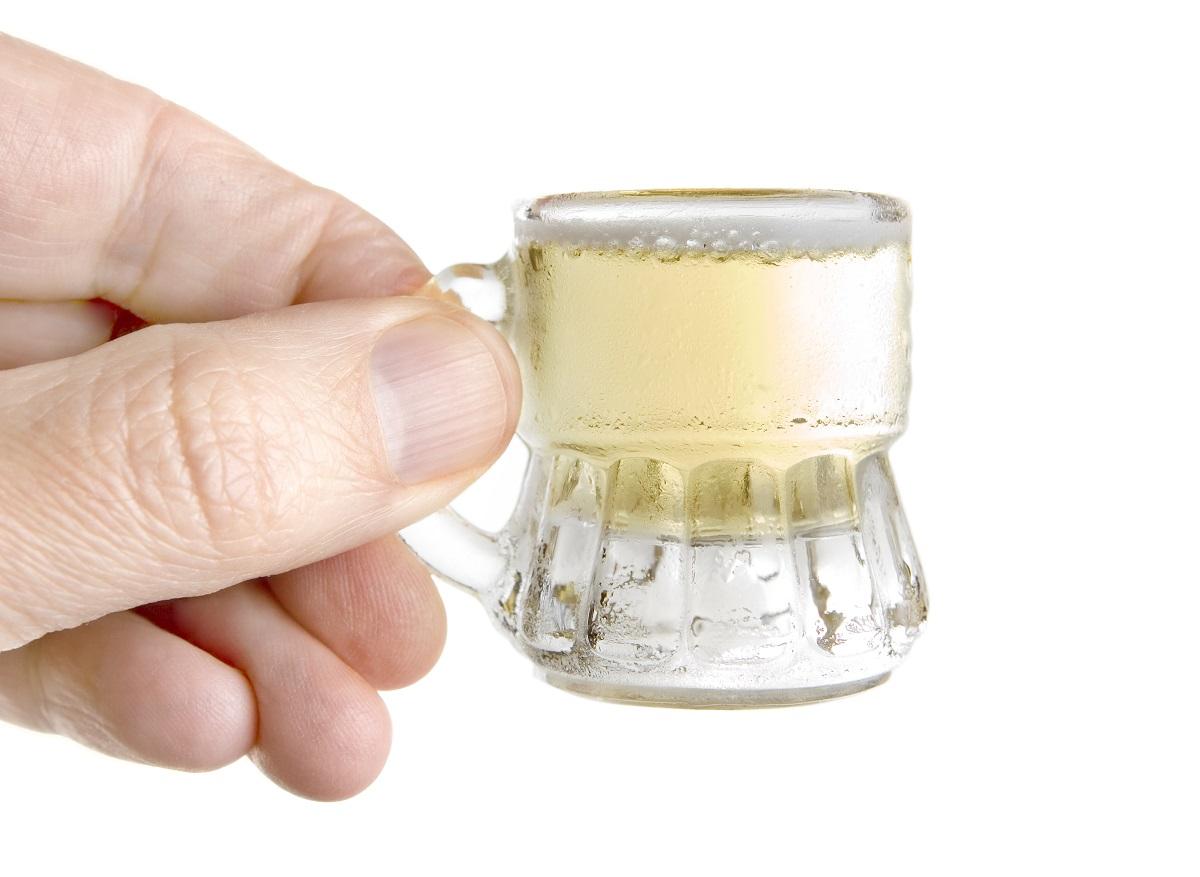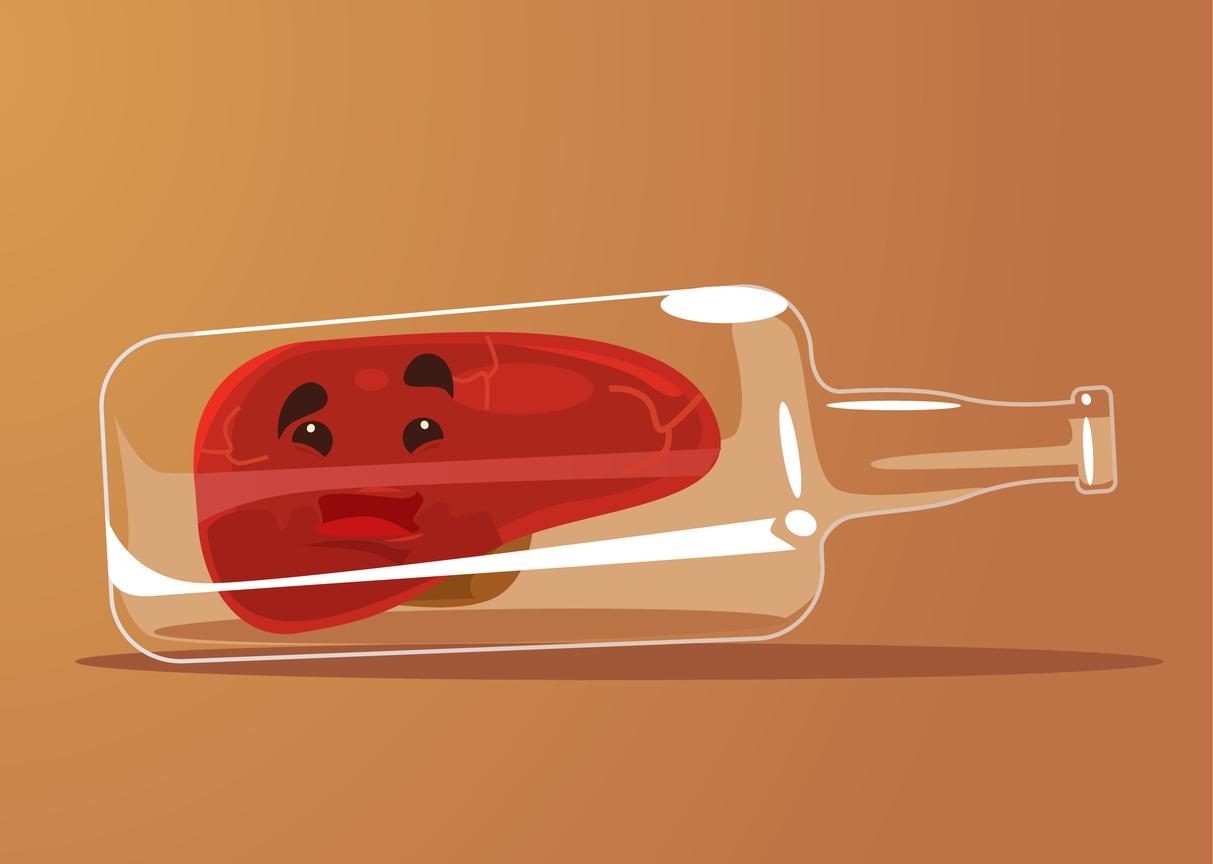A recent study claims that beer, consumed in moderation, could reduce the risk of heart attack and offer various health benefits. But behind this tantalizing news, the reality is more complex.

- Caution on benefits: The alleged health benefits of beer should be taken with a grain of salt, as they only apply to strictly moderate consumption.
- Real risk of alcohol: Alcohol remains a major risk factor for various cancers and mental health problems, even at moderate doses.
- French context: in France, although beer consumption is moderate, an upward trend is observed, justifying awareness campaigns on the risks of alcohol.
Beer, a millennia-old and globally consumed beverage, has been the subject of renewed attention since the publication of a study by Harvard University. According to this study, moderate beer consumption could reduce the risk of heart attack and even promote better bone health. However, it is essential to take a step back and examine these claims with a critical eye.
A double-edged message
The idea that beer could be beneficial for health is based on very specific arguments: it contains antioxidants, fiber and silicon, which are said to have positive effects on the cardiovascular system and bones. However, moderation is key, and that’s where the problem lies.
Harvard researchers say moderate beer drinkers may be 30 to 35 percent less likely to have a heart attack than nondrinkers. But what exactly does “moderate” mean? According to the study, that’s drinking small amounts three times a week.
According to the Harvard researchers’ study, the term “moderate” refers to regular but limited consumption of beer. Key figures often associated with moderate alcohol consumption (which can apply to beer) are:
- Quantity per day : about one to two units of alcohol per day for men, and one unit per day for women. One unit of alcohol corresponds to about 350 ml of beer with an alcohol content of about 5%.
- Frequency : consumption of these small quantities three times a week at most.
So the definition of “moderate” could be about 350 to 700 ml of beer per day for men, and up to 350 ml for women, consumed regularly no more than three times a week. This moderate consumption is associated with a 30 to 35% reduction in the risk of heart attack compared to non-drinkers, according to the study.
This is crucial because the observed benefits apply only to this very specific segment of the population. Increasing consumption, even slightly, could quickly reverse the supposedly beneficial effects and lead to much more serious health risks.
The other side of the coin
It is important to remember that alcohol consumption, even in moderation, carries risks. Alcohol is a psychoactive and carcinogenic substance, classified as such by the World Health Organization (WHO). Regular consumption, even in small quantities, is associated with an increased risk of developing various cancers, including those of the mouth, esophagus and liver.
Additionally, studies that highlight the potential benefits of beer or other alcoholic beverages can sometimes be misleading. They tend to overlook the fact that people who drink alcohol in moderation often have healthier lifestyles overall, which may actually explain the observed benefits. These people are more likely to engage in regular physical activity, eat a balanced diet, and maintain a healthy weight, all of which help protect their cardiovascular health.
Finally, it is necessary to consider the social and psychological risks associated with alcohol consumption. Alcohol is a major factor in many road accidents, domestic violence, and mental health problems. Encouraging even moderate consumption can unintentionally normalize alcohol and exacerbate these problems.
Caution is required and a dangerous shortcut is taken
While the Harvard study suggests potential benefits, it is imperative not to lose sight of the well-established risks of alcohol consumption. For those who do not drink, there is no need to start doing so just because of the health benefits. For others, moderation remains essential.
Beer consumption in France
In France, beer consumption remains relatively moderate compared to other European countries. According to 2023 figures, the French consume an average of 33 liters of beer per year per capita, far behind European champions the Czech Republic and Germany. However, an upward trend is observed, particularly among young adults and in urban areas, where craft beer is gaining popularity.
The cost of alcohol in France
Alcohol has a considerable cost for French society. According to a study by the National Institute of Health and Medical Research (Inserm), alcohol is responsible for nearly 41,000 deaths each year in France, making it the second leading cause of preventable death after tobacco. In economic terms, the total cost of alcohol to society is estimated at around €120 billion per year. This figure includes healthcare costs, productivity losses due to absenteeism and chronic diseases, as well as justice and security costs, including road accidents and violence associated with alcohol consumption.
At the same time, tax revenues generated by alcohol sales fall far short of these costs, highlighting the enormous financial burden that alcohol places on the country’s health system and economy.
Editorial
The hypocrisy of the benefits of alcohol compared to its real cost
By Dr Sophie Lemonier
The recent study that extols the supposed health benefits of beer, while appealing to beer lovers, cannot mask a much darker reality. While the possible benefits of moderate consumption are highlighted, the true cost of excessive consumption is overlooked.
It is therefore difficult not to see a form of paradox in the dissemination of such studies when put into perspective with economic data. Alcohol certainly generates substantial revenues for the State through taxes, but these revenues are largely eclipsed by the costs it generates: with nearly 120 billion euros of annual losses due to the impacts on health, productivity, justice, and public safety, alcohol is far from being a boon for the economy.
In reality, this kind of study may serve the interests of the alcohol industry more than it serves the public good. By extolling certain benefits of beer, it helps to encourage consumption that quickly spirals out of control. Instead of promoting “moderate” consumption that remains vague and difficult to measure, shouldn’t we focus our efforts on reducing alcohol-related harm and educating consumers about the real risks?
















